Paying off the IRS at all Costs with Help from a Private Lender
June 22, 2015: Many different situations can leave small businesses owing back taxes to the IRS. It can be a matter of expanding your business too rapidly or cash flow problems related to other businesses or customers who failed to pay you. Even accounting errors can leave you owing more money to the IRS than you think your small business can pay. In addition, a “rogue” bookkeeper can embezzle company money for personal gain and refrain from paying 941 payroll taxes thus putting the company in payment default with the IRS.
Owing the IRS is Risky Business
Regardless of how you found yourself owing back taxes to the IRS, the risks to your business for failing to pay them are no laughing matter. The following are just a few methods by which the IRS can legally recover their losses.
- Penalties and Interest – essentially the IRS will allow you to repay the debt like a traditional loan, with interest. Interest will continue to accrue until the debt is settled and there may be sizeable penalties involved too.
- Tax Liens – not only do tax liens appear on the business credit report, but they also make it virtually impossible for businesses to get conventional loans.
- Seizure of Business Property and Equipment – this is one that the IRS doesn’t like to do. It’s nearly impossible for them to get their money if you’re forced out of business or required to limit the scale of services and goods you have to offer. That doesn’t mean they won’t do it, and they’re not even required to provide warning before they do.
The risks can be quite alarming, but you do have options available for repaying your IRS back tax obligation.
Getting Your Business Straight with the Tax Man
It’s important to pay off your tax debt as quickly as possible in order to minimize not only the sum total of your obligation, but also to reduce the risks that something could go wrong leaving your business struggling with liens and/or under threat of seized property.
- Private Loans – this is perhaps the most efficient route to get the job done quickly and with as little collateral damage as possible. While there will be interest on these loans, the interest is likely to be less than the IRS would charge and you may be able to use existing property to secure the loan. In addition, a well-organized private lender can fund your loan within one week or so thus allowing you to quickly retire your IRS obligation.
- Installment Agreements – businesses with a combined tax debt (including penalties and interest) of $25,000 or less for the current or previous year’s tax liabilities and who have filed all their required tax returns may apply for an Online Payment Agreement with the IRS. This buys a little time, for you to repay the business debt before liens are attached to your business. As long as you live up to your end of the agreement the IRS will allow you to keep your business property and your good name – just don’t default.
Ultimately, getting into trouble with the IRS and back taxes is infinitely easier than getting out of it. The longer you put it off, though, the worse it can be for your business. That’s why it’s so important to repay the debt as quickly as possible so your business can prepare for the future rather than struggling to overcome the past. Contact Michael Ciaburri at Worth Avenue Capital, LLC who will assist you in arranging private financing to pay off your IRS obligation.
Recent Posts
Using Second Mortgages as Additional Collateral for Construction Loans
Over the past several months, WAC has provided financing for multiple construction projects where second mortgages were a critical part of the overall...
Strategic Financing Leads to Luxury Home Success in Greenwich
Worth Avenue Capital congratulates our borrower, Dream Home Custom Builders (DHCB), on the successful sale of 273 Riversville Road in Greenwich, Connecticut. This...
Changing Investment Preferences for Baby Boomers: Why Private Credit is on the Rise
The investment landscape for Baby Boomers has undergone a significant shift in recent years. Faced with ongoing stock market volatility driven by the...

